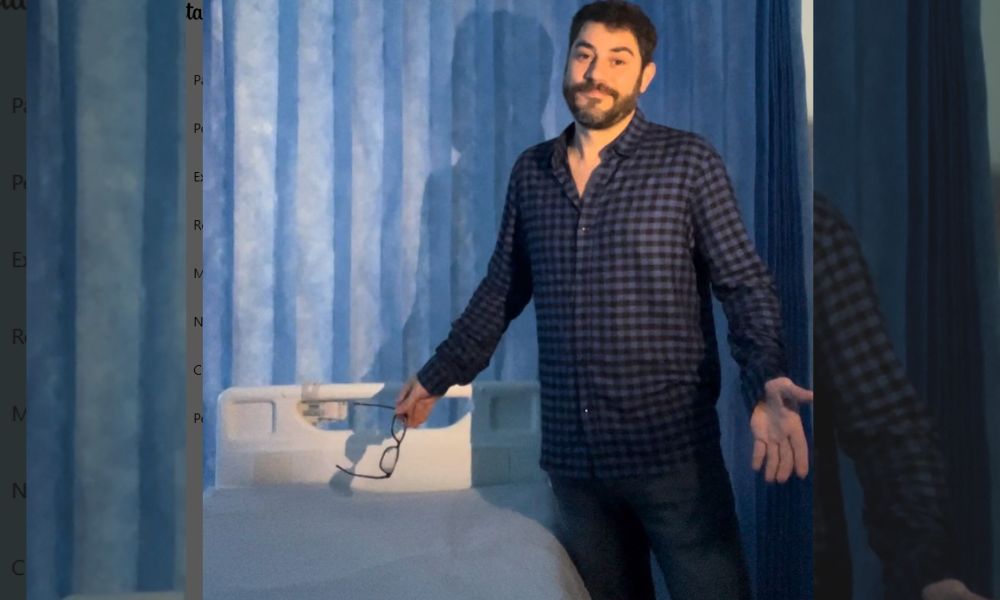Due to the coronavirus pandemic, notification forms should be forwarded to an email
The Primary Care, Surveillance and Health Promotion (Subpav) Secretariat alerts public and private health units, including laboratories, to remain sensitive to reporting all suspected and confirmed cases of dengue, Zika and Chikungunya. Arboviruses are diseases that are reported according to Federal Order No. 264/2020. Due to the advancement of the new Coronavirus (COVID-19), since 2020, monitoring has received mandatory notifications via the ([email protected]) email address that can be included in the Federal Information System SINAN (Information System for Health Disease Notification).
The technical advisor for epidemiological surveillance, Roberta Lasturina Rios, explains that “all health institutions, such as hospitals, health centers, laboratories, etc., must complete the standardized compulsory notification form by the Ministry of Health when there are suspected or confirmed cases of disease and refer it to the municipal health control.” Roberta explained.
Reporting cases of arthropod viruses is critical, as it assists in decision-making, whether to improve patient care or in prevention and control measures against the Aedes aegypti mosquito that transmits disease.
The forms can be downloaded from the federal government website or by clicking (Here) e (Here).
Preventive measures – Even in the new Coronavirus pandemic, the procedures for controlling and controlling Aedes aegypti, developed by the Center for Zoonotic Disease Control (CCZ), have not changed. The agency ramped up guidelines with residents, as well as daily home visits. Mapping the population density of the Aedes aegypti mosquito is also conducted through traps (geographically delineated egg belts) and visits to abandoned properties and vacant lands.
A recent rapid indicator survey of Aedes aegypti – LIRAa, conducted earlier this month, showed a building infection rate of 3.9%. The previous indicator was 5.3% and it was implemented in March.
The latest survey showed a decrease in the rate of indoor infection, but care must be continued. “We have intensified home visits in neighborhoods where the rate is high and directs the population on care to avoid a potential mosquito outbreak,” said Coordinator of the Municipal Program for Arbovirus Control and Control (PMCCA).
Source: SupCom
Publication is subject to moderation.
** Avoid using profane terms and defaming the use of profane words;
*** Comments with offensive content and ads will be duly ignored.

“Hardcore beer fanatic. Falls down a lot. Professional coffee fan. Music ninja.”







More Stories
Educational work discusses women in science
The Call with EU program will support research in materials science and engineering
Braskem and Ciência em Show bring knowledge and fun to the community